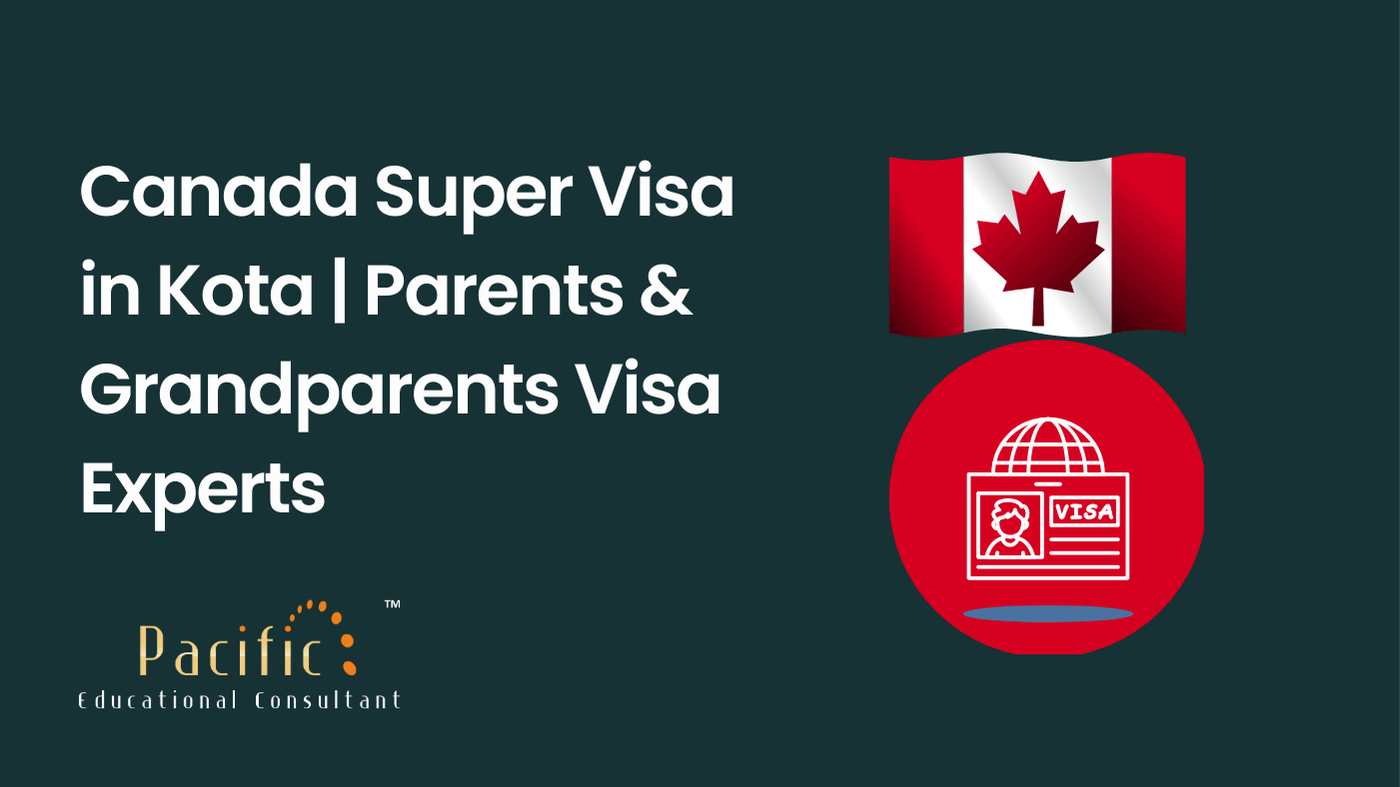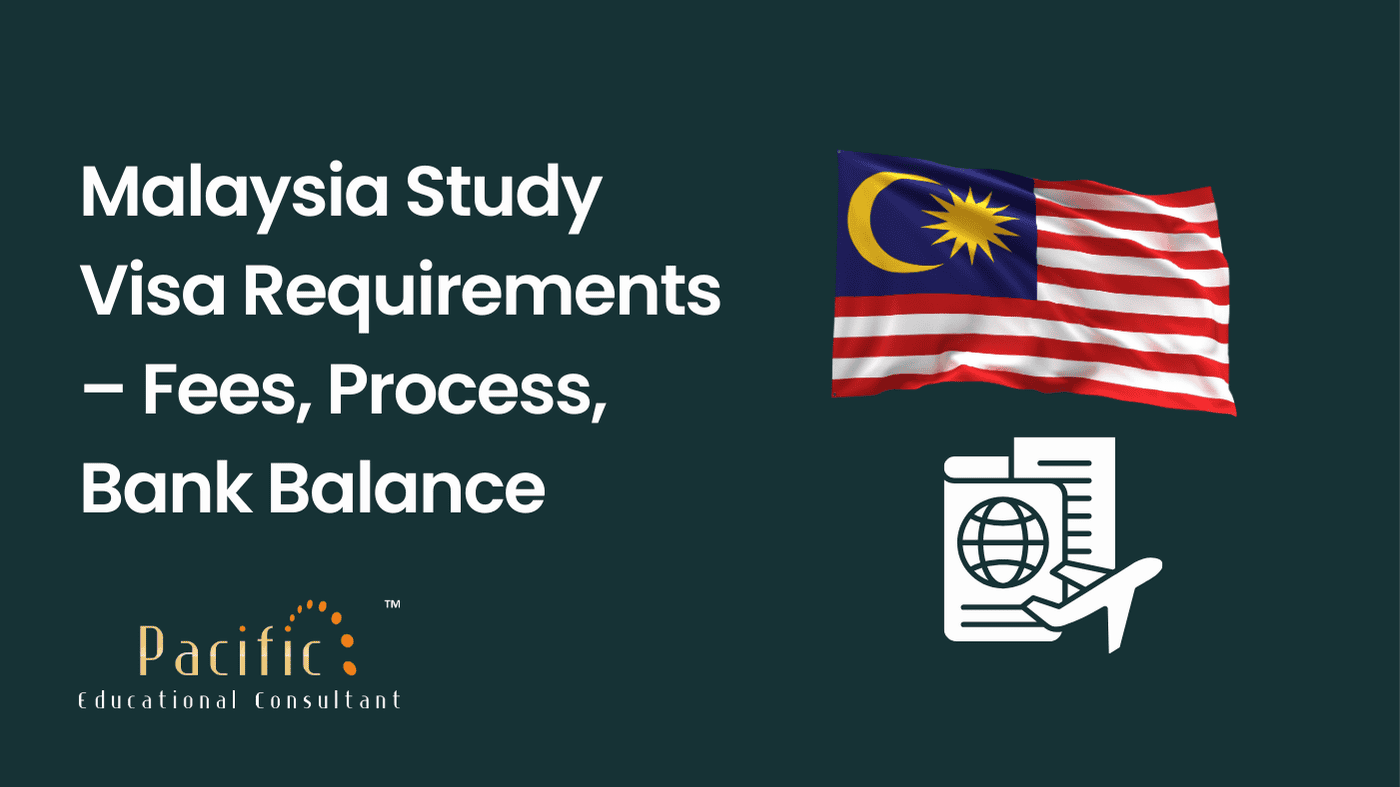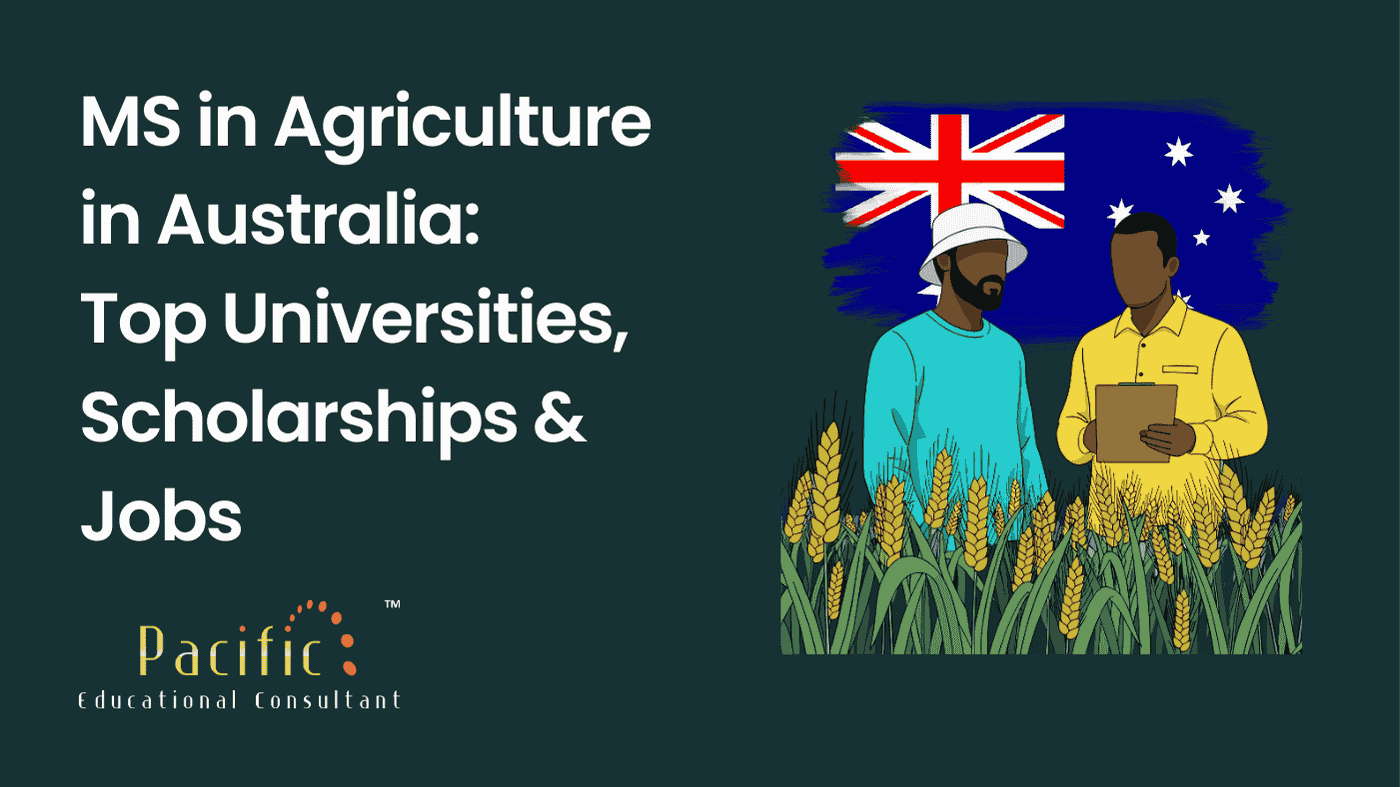


The Canadian Immigration Department has recently introduced new rules outlining specific fields of study that international students must pursue to qualify for a Post-Graduation Work Permit (PGWP). The changes, aimed at aligning Canada’s immigration policies with its labor market needs, come into effect on November 1, 2024. This article provides a detailed breakdown of the new requirements, how they impact international students, and what to expect moving forward.
Under the new regulations, international students must enroll in one of 966 qualifying programs to be eligible for a PGWP after completing their studies. These programs fall into five critical categories:
Canada's agricultural sector is growing, with increasing demand for professionals skilled in food production, technology, and sustainable farming practices.
With an aging population and an ongoing need for healthcare workers, graduates in nursing, medicine, and other health-related fields are a top priority.
STEM fields continue to be critical to innovation and economic growth. Graduates in computer science, data analytics, and engineering will find opportunities in various industries.
Skilled trades such as plumbing, electrical work, and carpentry are vital to infrastructure development. Canada is actively encouraging international students to enter these essential fields.
Logistics, supply chain management, and transportation engineering are pivotal to maintaining Canada’s global trade connections and internal mobility.
\These categories are designed to channel international students into academic pathways that directly align with Canada’s long-term economic goals.
As of November 1, 2024, the new field-of-study requirements will apply only to students who submit their study permit applications on or after this date. This means that current students or those who submit their applications before November 1 will not be affected by these changes.
In addition to the field-of-study requirement, language proficiency will also play a significant role in determining PGWP eligibility. The Canadian Immigration Department has set the following language benchmarks:
College graduates must achieve a Canadian Language Benchmark (CLB) level 5.
University graduates (bachelor’s, master’s, or doctoral programs) must achieve a CLB level 7.
All language test results must be less than two years old at the time of application.
It’s important to note that university graduates pursuing bachelor’s, master’s, or doctoral degrees will not be subject to these new field-of-study requirements. This exception ensures that higher education students, who are often pursuing advanced research and academic careers, still have access to PGWPs regardless of their field of study.
Previously, international graduates had more flexibility in obtaining a PGWP, which could last up to three years, regardless of their academic discipline. This flexibility has historically made Canada a top destination for international students, as the work experience gained through PGWPs is often a stepping stone toward obtaining permanent residency. The new rules mark a shift in how Canada balances its immigration policies with the needs of its labor market.
However, for students who meet these new criteria, the potential for securing a PGWP remains strong, especially in fields that are critical to Canada's economic and social infrastructure. Furthermore, by targeting specific sectors, Canada aims to attract talent that can directly contribute to the nation's growth.
The new PGWP eligibility rules highlight Canada’s strategic approach to meeting its long-term labor market needs. For international students considering studying in Canada, this means carefully selecting programs that fall within the key categories of agriculture, healthcare, STEM, trade, and transportation. While the new rules may seem restrictive, they provide clear guidance for students whose ultimate goal is to work and potentially settle in Canada.

Canada Super Visa in Kota | Parents & Grandparents Visa Experts

Malaysia Study Visa Requirements – Fees, Process, Bank Balance

MDS in Germany : Fees, Licensing, Salary & Eligibility for Indian Dentists

PTE Reading Tips and Tricks: How to Improve PTE Reading Score

Best Architecture Colleges in the World: Ranking, Fees & Admission

Top GMAT Accepting Colleges in World for MBA

Fully Funded PhD Scholarships Abroad for Indian Students

MBA in Project Management in UK: Top Universities, Fees & Jobs

Top 10 Universities for MBA HR in Canada | Eligibility & Process

MS in Agriculture in Australia: Top Universities, Scholarships & Jobs